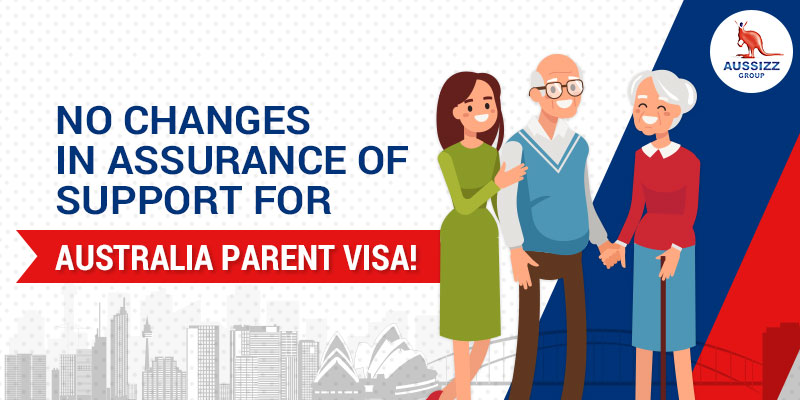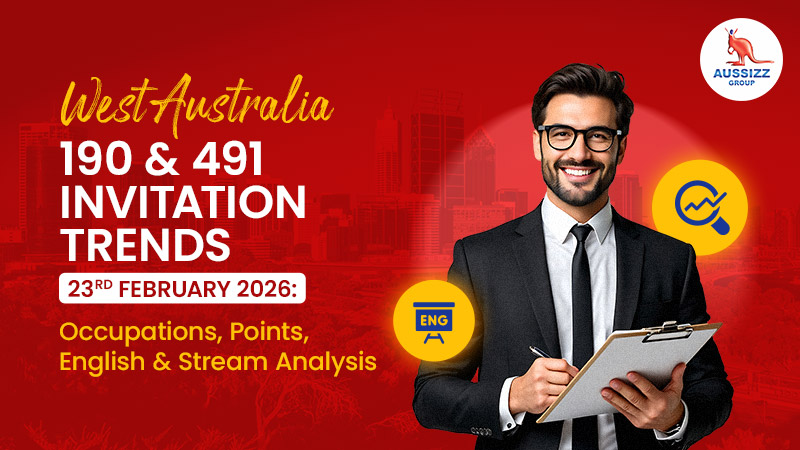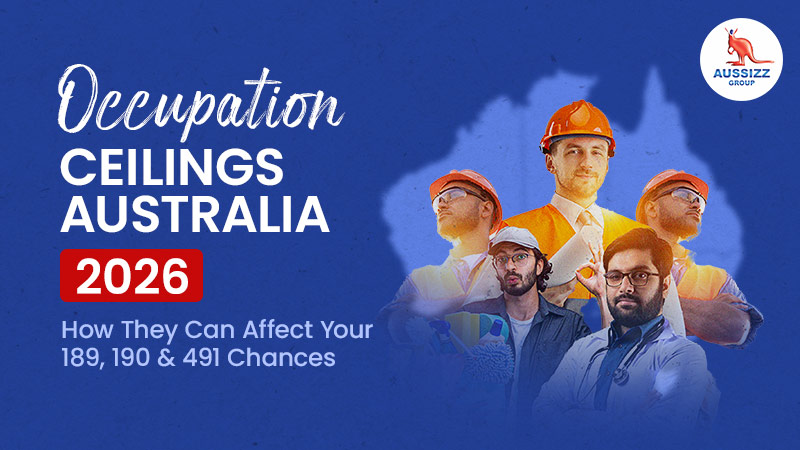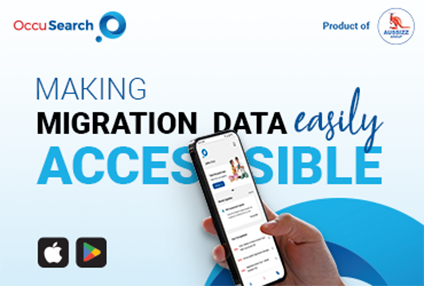- About Us
- Study Abroad
- Study in Australia
- Australia Basics
- Earning & Spending
- Education System
- Popular Courses
- Popular Courses – Accounting and Finance Courses in Australia
- Popular Courses – Cookery Courses in Australia
- Popular Courses – Engineering Courses in Australia
- Popular Courses – Hospitality Courses in Australia
- Popular Courses – Information Technology Courses in Australia
- Popular Courses – Trade Courses in Australia
- Student Visa Process
- Study in Canada
- Study in New Zealand
- Study in USA
- Study in UK
- Study in UAE
- Study in Australia
- Migration
- Australian Immigration
- GSM Visa
- Employer Sponsored Visa
- Visitor Visa
- Partner Visa
- Parent Visa
- Family Visa
- Child Visa (Subclass 101 – Offshore)
- New Zealand Citizen Family Relationship Visa (Subclass 461)
- Remaining Relative Visa (Subclass 115)
- Adoption Visa (Subclass 102)
- Aged Dependent Relative Visa (Subclass 114 and 838)
- Carer Visa (Subclass 116 and 836)
- Temporary Work (International Relations) visa (subclass 403)
- Student Visa
- Temporary Activity Visa
- Protection Visa
- Canada Immigration
- Australian Immigration
- Coaching
- Student Services
- Resources
- Contact Us
Australia Branches
Select your Branch
Australia
Melbourne CBD- Elizabeth Street
Melbourne CBD - QV
Clayton
Thomastown
Werribee
Geelong
Hawthorn
Dandenong
Truganina
Pakenham
Footscray
Glenroy
Cranbourne
Ringwood
Sydney
Parramatta
Bankstown
Macquarie Park
Rockdale
Wollongong
Blacktown
Brisbane
Gold Coast
Mount Gravatt
Adelaide
Mawson Lakes
Melrose Park
Perth
Joondalup
Northbridge
Canningvale
Canberra
India
Ahmedabad
Mehsana
Baroda
Chennai
UAE
Dubai
Hong Kong
Hong Kong
Canada
Brampton
Srilanka
Colombo

 AUS
Australia
AUS
Australia
 IND
India
IND
India
 UAE
UAE
UAE
UAE
 CA
Canada
CA
Canada
 SL
Srilanka
SL
Srilanka










